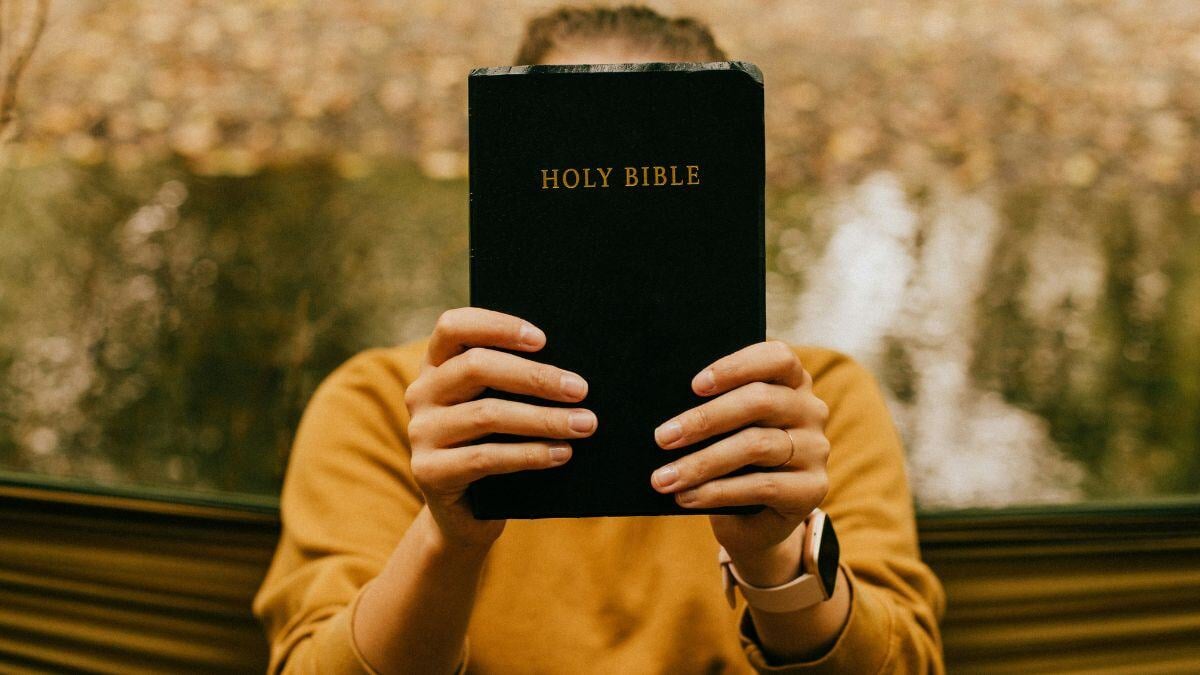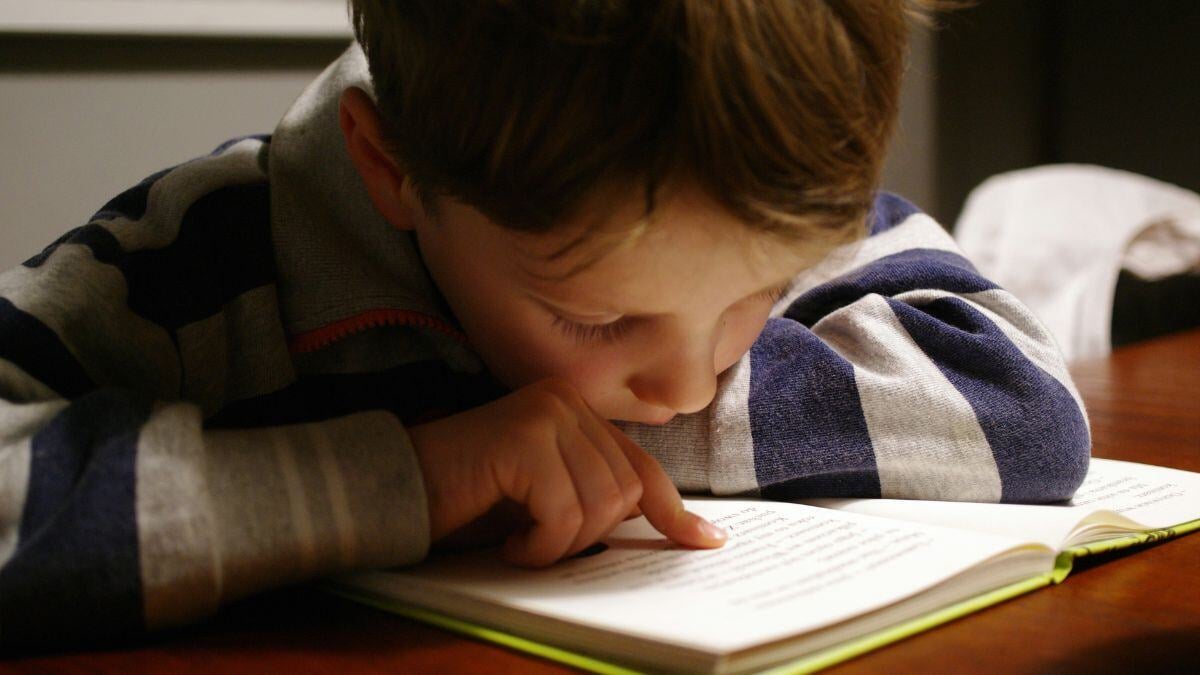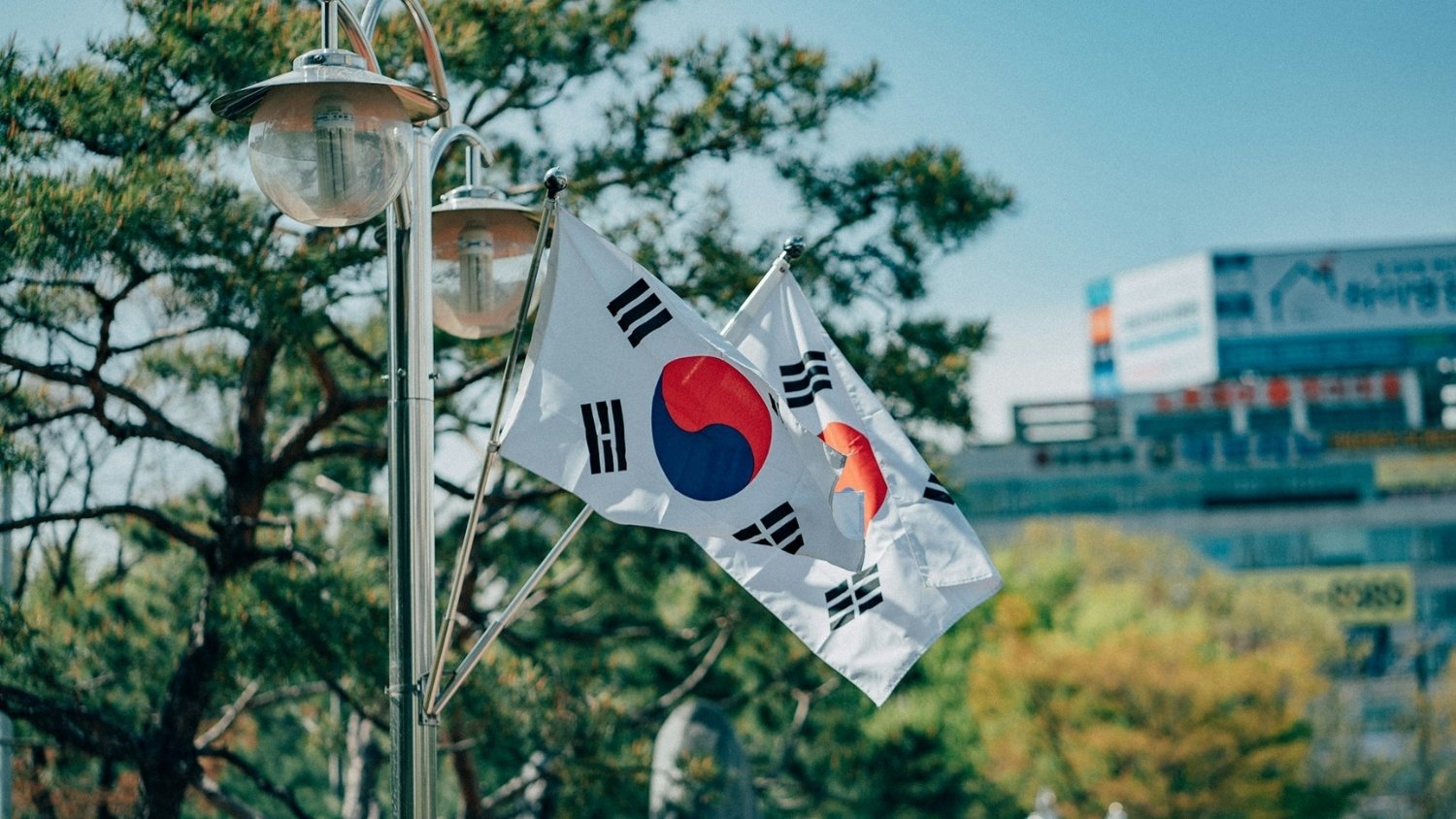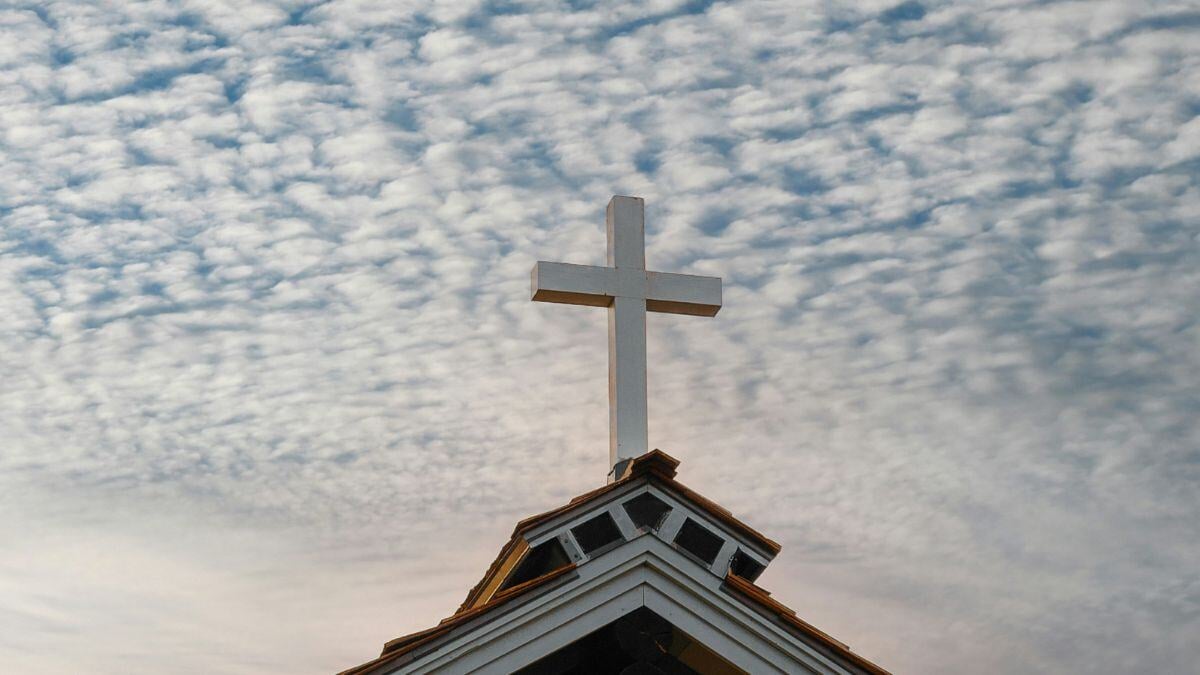Are We Seeing an Education Reformation?
Author: John Stonestreet and Jared Hayden

Author: John Stonestreet and Shane Morris
Is religious freedom more secure in America today than ever before? Many Christians observing our increasingly secular culture would balk at the claim, but it’s exactly what New York Times opinion columnist and longtime religious freedom advocate David French thinks.
In a video recently posted by Phil Vischer’s Holy Post, French asked if Christians really were persecuted in the U.S. and if religious liberty really was under threat? The answer to both, he argued, is “no”:
It’s been 14 years since there has been a significant religious liberty loss at [the U.S. Supreme Court]. Religious liberty is secure in the United States. The American Christian community is the most free, most powerful Christian community in the world. Yes, there are some individual injustices, which are dealt with in courts, but American Christians are not ‘persecuted’ by any meaningful historical standard. … [T]he legal protections for religious liberty are stronger than at any time in American history.
But this is like saying Great Britain was never better protected than during the Blitz. While it’s true that there are many defenders vigilantly fighting for our first freedom, and that they’ve had notable successes in court, it’s precisely because religious freedom has never been under such sustained or aggressive attack in this country that so many have to fight so hard.
I could point to the HHS contraception mandate or the long battle to force one baker to bake cakes for a gay wedding or fire Chief Kelvin Cochran who was fired for writing a Sunday School book or Barronelle Stutzman or the Trinity Lutheran case or Christian schools and Title IX, or many other cases and controversies. The assault on religious freedom comes from the highest levels of government and has been nearly constant in the last decade, especially since the Supreme Court made so-called “gay marriage” the law of the land. Just last week, new rules from the Biden Administration seek to, again, force insurance plans to cover birth control and abortifacients.
The fact that religious plaintiffs and defendants often prevail says far more about the strength of our founding documents and the Supreme Court than about the popularity or security of religious freedom. The simple fact is that the “wins” in court that French touts were only necessary because of the explosion of lawsuits and policies infringing on the rights of religious Americans. And the fact that we’re still fighting despite all these wins shows just how determined the opposition is.
To survey this situation and conclude that religious liberty will just continue winning in the courts forever is naïve. As Wesley Smith pointed out at National Review, many legal “victories” for religious freedom have been far from decisive.
Consider Colorado cake artist Jack Philips, who has spent thirteen years being dragged back to court only to win on procedural grounds again and again. Whether it was his case at the U.S. Supreme Court over gay wedding cakes or at the Colorado Supreme Court over a transgender cake, Jack has yet to receive a definitive ruling protecting his and others’ right to say “no” to celebrations that violate his beliefs. In the meantime, he has been forced to defend himself instead of doing what he loves. Despite his recent “win,” it’s not clear this attack on his freedom, which has gone on for over 13 years, is even over. The process has been a punishment. It always is.
Consider just how unthinkable all of this would have been just a few years ago. If one had asked Barack Obama during his first run for president whether religious Americans should be required to celebrate, promote, and pay for things they consider wrong, or be excluded from public benefits just because they’re religious, he would have said “no way.” Yet here we are.
Still, the biggest reason French is wrong about the security of religious freedom in America is that politics is mostly downstream from the rest of culture. Our legislators, our judges, and eventually our laws inevitably reflect the will and beliefs of the people. If the culture comes to consider religious freedom either a quaint relic or, worse, a license for bigotry, and our fellow Americans come to value sexual self-expression over faith (which they already do), the courts will eventually reflect these beliefs. After all, the U.S. Constitution guarantees that no person can be deprived of life without due process. And yet abortion is still legal throughout much of the country. In the long run, the wording of the Constitution is no match for the will of the culture.
To be clear, French is right that American Christians have been spared the kind of persecution seen elsewhere in the world. He’s also right that religious freedom has enjoyed some victories in recent years, thanks in large part to the tireless work of groups like Alliance Defending Freedom.
But this cannot go on forever in a society where religion is increasingly treated like an odd hobby or old evil, and the rationale behind our first freedom seems increasingly alien to most Americans. As openly anti-Christian sentiments grow, more people will begin to question why the courts are defending the beliefs and freedoms of so-called “bigots.” And the courts, contrary to French’s Pollyannish hopes, cannot and will not hold that line.
That’s why our work as believers is more fundamental than just carving out a legal niche to exist. It means confronting the culture directly and challenging the values and assumptions that have pushed faith to the margins. After all, the free exercise of religion is protected by the First Amendment, which means we will not be acting like true Americans until this first freedom is again our first priority.

Author: John Stonestreet and Jared Hayden

Authors: John Stonestreet

Author: John Stonestreet | Dr. Glenn Sunshine